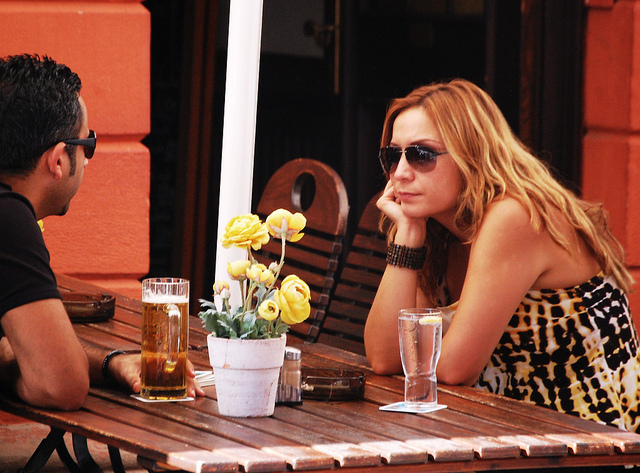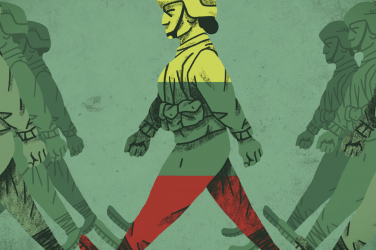When reading “Dating in the 21st century”, I’m going to go ahead and bet that you thought of Tinder. I will state from the get-go, I will not be talking about Tinder today. And I sort of hope that comes as a relief. But Tinder does raise a lot of questions about the future of dating culture, especially in Europe where contemporary lifestyles are seeing increasingly intrusive, non-regimented working practices, a near-nomadic travel culture and fast-evolving forms of social exchanges. Many believe that Tinder and similar dating apps are the most viable way to meet new people today.
Whether you use dating apps or meet your prospects “the old-fashioned way”, there is one glaringly awkward fact that existed long before Tinder’s launch in 2012: dating culture in the 21st century does not make sense. At which point did we adopt an entire social practice based on meeting strangers and hoping you get on like a house on fire?
No, really, when did it actually become a thing?
For decades, dating was essentially embedded into other social interaction. Starting about a century ago, “walking out” was the term for two people seeing each other. It essentially started as a term to refer to a couple exiting larger social situations in each other’s company. It literally meant walking out. By the 50s and 60s, dating had essentially become a version of this, where larger groups of friends, sometimes just in couples, hung out together. Of course, the dating culture had a lot to do with the implications for a woman’s reputation if she went gallivanting alone around with a man – taboo! I am by no means commending the misogynistic factors at play back then, but they did create behaviours that did not segregate “daters” from friends.
Dating today is essentially an interview process – which makes Tinder a cruder version of LinkedIn.
Can you name one social scenario where you would sit across the table from someone you barely know, being asked questions about yourself, perhaps hoping they see what’s great about you and definitely assessing whether they are worth your time? Personally, I can only call to mind the last job interview I had. Dating today is essentially an interview process – which makes Tinder a cruder version of LinkedIn. One of two things typically happens: one of you feels uneasy by the “impress-me” set up of the date and manages to come across poorly. Or, one of you is extremely good at misrepresenting themselves and comes across completely differently than they might do with friends or other people around. As with a job application, it is too easy to portray yourself favourably to someone who does not know you, and it is also easy to buckle under the pressure of the idea that you need to be the best version of yourself for a stranger within the window of one date.
bad date

Of course, there are things you can do to ease the tension of a first date: you can utilise alcohol as a crutch or you can fully abort via a pre-organised exit call from a friend. Perhaps you have considered one or both of these options; perhaps that’s just me. I’ve had friends plan to go somewhere with distractions in case the date went bad. Does that sound strange to anyone else? The thing is, if you have had to resort to such schemes to make a first date less awkward, you are overcompensating. As a rule, I am fully against meeting up with someone until I have seen them in enough social situations to know that I can endure time in their company. And that I actually want to. We do not start friendships any other way, so why attempt relationships this way?
Evidently, on some level, this actually works. Successful relationships have come out of this process. So, of course, I cannot completely condemn it. However, consider this: how many of your unpleasant dating experiences may actually just be due to the fact that it is perhaps the most inorganic of social interactions? How many people might you have written off because you were meeting under artificial circumstances rather than because you were incompatible?
We need to accept that there is not a perfect date at the end of the clichéd montage of bad dating experiences.
My theory is that job application dating was exported to us through Hollywood romantic movies and 90s situation comedies. Yes, I am blaming America! But if that’s the case, we need to accept that there is not a perfect date at the end of the clichéd montage of bad dating experiences. The perplexing part is that it is a practice that seems so at odds with the greater part of European culture. How a social interaction so artificial and completely constructed has become the norm in one of the most culturally aware continents in the world is beyond me. Dating is not about recruiting your next partner – maybe “walking out” wasn’t so bad after all?







